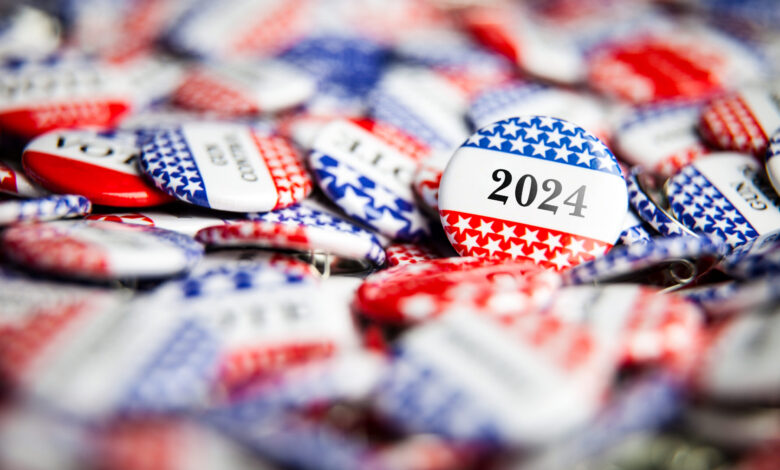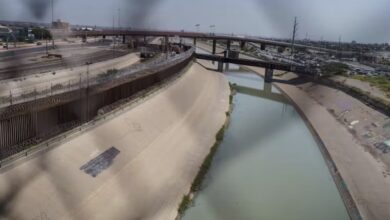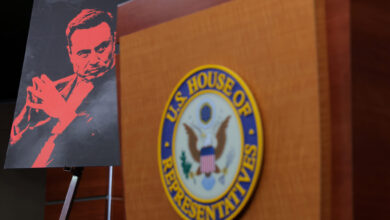
It’s primary season in Nevada, and once again our state’s complicated mixture of open and closed primaries is on full display. Candidates for city councils are running in nonpartisan open primaries, while races for county commission and state legislature are closed, partisan elections. Caught in the confusion are now the largest group of voters in Nevada, independents, officially called nonpartisans, who are shut out of many of the elections that matter.
Who are these independent nonpartisan voters? They are a cross-section of society, but some groups stand out. Let’s start with young people, Hispanic voters, and U.S. military veterans. Over 50% of millennial and GenZ voters-now the largest group of voters by age- are independent. 52% of Hispanic voters are independent. About half of all U.S. military veterans are independent.
In Nevada, nonpartisans make up 34% of voters, which is more than registered Democrats or registered Republicans. So why, then, are the political parties allowed to block the largest group of voters from casting a ballot in our taxpayer funded elections? Primary elections cost Nevada taxpayers millions to run, yet these taxpayers are not allowed to participate. Nothing in the U.S. or Nevada constitutions gives the political parties the right to force membership in their private organizations as a prerequisite to vote, yet we allow this to happen. Do we really care about voting rights?
Polls of Nevadans show increasing support for open primaries as the disconnect between the electorate and the parties deepen. This growing divide helps to explain why Nevadans voted yes in 2022 on an initiative to open the primaries for our statewide races. Nevadans who voted yes affirmed their commitment to letting all voters vote without barriers.
But to let all voters vote, open primary supporters must vote yes one more time this November. There are no other open primary options. No legislative candidate is talking about sponsoring an open primaries bill for the 2025 legislative session, in fact, there was a bill in 2021 to open our primaries, yet the Democratic majority refused to even give it a hearing. Ballot Question 3 is the only path forward to elections where any candidate can run without party roadblocks, and all eligible voters can decide which candidates move forward to the general election.
In 2008, in Washington State Grange v. Washington State Republican Party the U.S. Supreme Court established that taxpayer-funded primaries can be used in this way. The Court ruled that political parties can nominate and endorse candidates outside of the primary process if voters decide to change the primary election’s purpose.
Yes, Ballot Question 3 includes ranked choice voting in the general election, but it does so to address the danger of vote splitting and to find candidates who have majority support. If we want stronger voting rights by opening our primaries and to allow more candidates to move forward to help those without deep pockets to compete, we must implement a tool for mitigating the spoiler effect.
Ranked choice voting allows voters to vote their hearts with their first choice, but then go with the majority with their second choice. If we had this mechanism in the presidential election now, fear of a third party candidate and Robert F. Kennedy, Jr. running a presidential ticket would dissipate. Is ranked choice voting a panacea? No, but as our electorate becomes more ideologically diverse, we need tools that can manage more than two candidate choices without creating a crisis.
Increasingly, primaries are often the most meaningful elections in Nevada. For example, in the 2022 general election races for the state legislature, only 11% of those races were competitive, so the decisive vote in those races happened in the primary. We simply can no longer accept a status quo that includes winning in a Nevada closed primary after a candidate only courts a small fraction of eligible party voters.
Ultimately, in the open primary races, candidates are free to reach out to all their constituents, not just the partisan few, and every voter is counted equally and fairly.
Do we know implementing open primaries would make a difference? Yes, because half our current elections are already open primaries. In our state’s open primary races it is much harder to “primary” someone or for the political parties to limit who runs. These races are, therefore, much more likely to have multiple candidates which means more choices for voters. In fact, it is not unusual to have ten or more candidates in our mayor and school board races.
In sum, there are many reasons for opening the rest of our primary races and few reasons that can justify stopping voters from voting. Having half-open and half-closed primaries makes no sense. It’s time to make all our primary races open to all taxpayers who are eligible to vote. Nevadans will most certainly support the only option in November that lets all voters vote.




